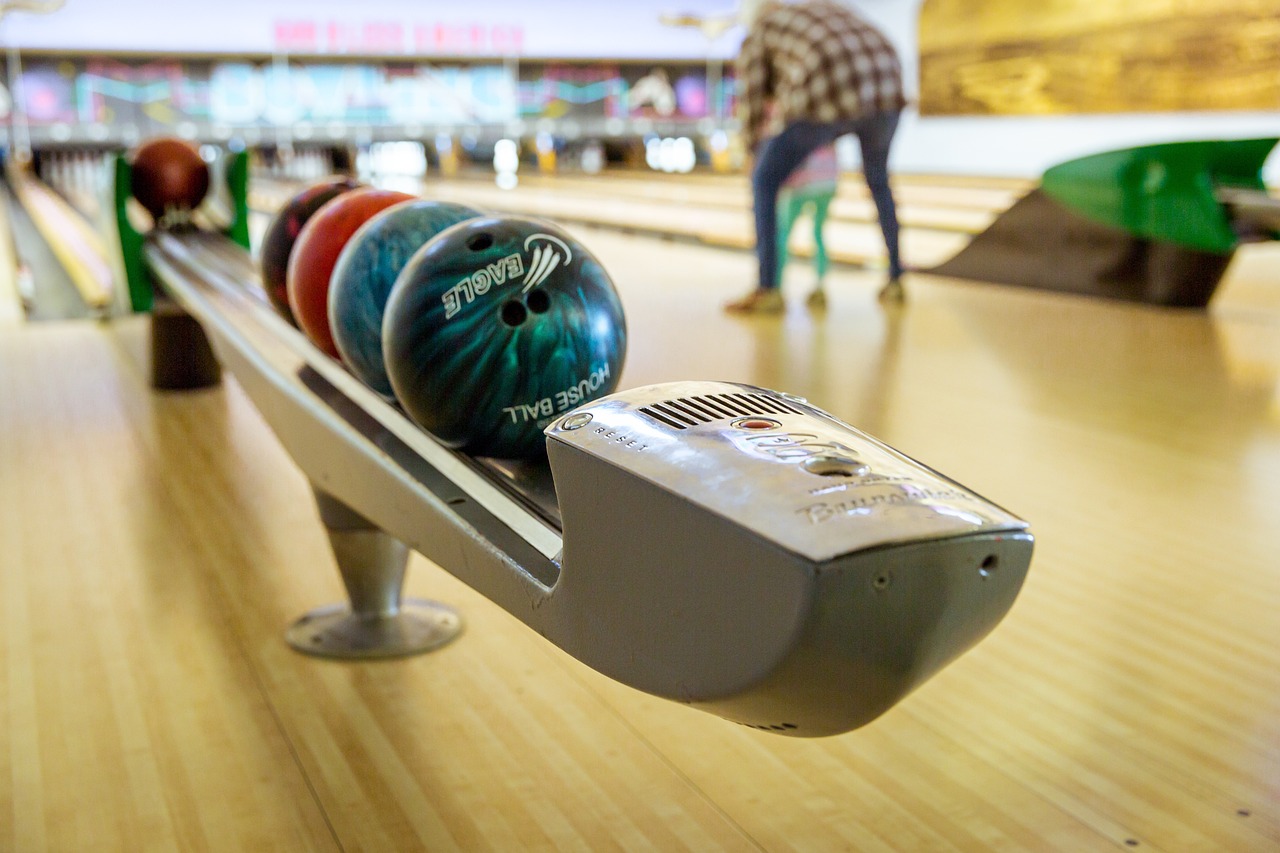Sustainable Fashion Ethical Jewelry: Accessories with a Conscience
Sustainable fashion is a holistic approach to clothing production that considers the environmental, social, and economic impact of the entire supply chain. It encompasses the use of environmentally friendly materials, ethical labor practices, and a commitment to reducing waste and carbon footprint in the fashion industry. Brands and designers focused on sustainable fashion strive to create pieces that are durable, timeless, and made with transparency and accountability.
With a growing awareness of the harm caused by fast fashion, sustainable fashion has gained traction as a more responsible and ethical alternative. By promoting sustainability in both production and consumption, the sustainable fashion movement aims to protect the planet, support fair labor practices, and educate consumers about making conscious choices when it comes to their wardrobe. It’s not just about creating trendy pieces; it’s about promoting a lifestyle that values the well-being of the environment and the people behind the clothes we wear.
The Impact of Fast Fashion on the Environment
Fast fashion has revolutionized the way consumers perceive and purchase clothing and accessories, with its rapid turnover of styles at affordable prices. However, this trend has come at a significant cost to the environment. The fast fashion industry is notorious for its high levels of resource consumption, water pollution, and contribution to greenhouse gas emissions throughout the production and distribution process.
The overproduction and quick turnover of garments in fast fashion lead to huge amounts of textile waste being generated each year, further exacerbating the environmental impact. Additionally, the use of cheap synthetic materials in fast fashion garments not only accelerates their disposal but also releases harmful chemicals into the environment during their production and decomposition phases.
How Can Ethical Jewelry Make a Difference?
Ethical jewelry can make a significant difference by promoting fair labor practices and supporting environmental sustainability. Unlike traditional jewelry production, ethical jewelry takes into account the impact of mining, sourcing, and crafting processes on both people and the planet. By choosing ethically-made pieces, consumers can help reduce the negative consequences often associated with jewelry manufacturing.
Moreover, ethical jewelry can also play a role in empowering communities and preserving traditional craftsmanship. Through partnerships with local artisans and cooperatives, ethical jewelry brands can provide livelihood opportunities that promote economic development and cultural preservation. By investing in ethically-produced jewelry, individuals can contribute to creating a more transparent and socially responsible industry.
Materials Used in Ethical Jewelry Production
The materials used in ethical jewelry production play a crucial role in reducing the environmental impact of the industry. Sustainable jewelry brands often prioritize using recycled metals such as sterling silver and gold, sourced from certified responsible suppliers. Additionally, ethically sourced gemstones, like diamonds that are conflict-free and mined under fair labor conditions, are gaining popularity among consumers who value transparency in the sourcing process.
Another commonly used material in ethical jewelry production is lab-grown gemstones, which offer a more sustainable and ethical alternative to traditional mined stones. These lab-created gems have a lower environmental footprint as they do not require destructive mining practices and are often of higher quality in terms of color and clarity. By utilizing these alternative materials, ethical jewelry designers can create beautiful pieces that not only adhere to sustainable practices but also appeal to a growing market of conscious consumers.
The Importance of Fair Trade Practices in the Jewelry Industry
Fair trade practices in the jewelry industry play a crucial role in ensuring the well-being of artisans and workers involved in the production process. By emphasizing fair wages, safe working conditions, and environmentally friendly practices, fair trade certification helps to uphold ethical standards within the industry. This not only benefits the individuals directly involved in creating jewelry but also contributes to the sustainability of communities and the environment.
Moreover, the transparency and accountability promoted by fair trade practices enable consumers to make informed choices about the jewelry they purchase. By supporting brands that adhere to fair trade principles, individuals can feel confident that their jewelry has been created in a socially responsible manner. This not only promotes a sense of ethical consumption but also encourages the industry as a whole to prioritize sustainability and ethical practices.
Innovative Designs in Sustainable Accessories
Sustainable accessories encompass a wide range of products that are not only environmentally friendly but also stylish and innovative. From vegan leather bags made from recycled materials to upcycled jewelry crafted from repurposed metals, designers are pushing the boundaries of creativity in the sustainable fashion industry. These accessories not only look good but also serve as a conversation starter to promote eco-conscious consumerism.
One notable trend in sustainable accessories is the use of natural materials such as bamboo, cork, and organic cotton. These materials not only have a lower environmental impact compared to traditional materials like leather and synthetic fibers but also add a unique touch to the accessories. Designers are experimenting with different textures, colors, and patterns to create eye-catching pieces that are both fashionable and eco-friendly.
Ways to Support Sustainable Fashion Brands
One way to support sustainable fashion brands is by choosing to invest in quality pieces that are designed to last. Opting for timeless styles instead of trendy, disposable items not only reduces the need for constant consumption but also helps in minimizing waste and promoting a more sustainable approach to fashion. By making conscious choices about what we purchase and focusing on durability and longevity, we can support brands that prioritize ethical production practices and environmental responsibility.
Another way to show your support for sustainable fashion brands is by spreading awareness and educating others about the importance of ethical fashion. By sharing information about sustainable brands, ethical practices, and the environmental impact of fast fashion, you can help inspire others to make more informed purchasing decisions. Whether it’s through social media, word of mouth, or attending events that promote sustainable fashion, raising awareness can play a significant role in encouraging a shift towards a more sustainable and ethical fashion industry.
Tips for Incorporating Ethical Jewelry into Your Wardrobe
When it comes to incorporating ethical jewelry into your wardrobe, one simple yet effective tip is to start by assessing your current collection. Take a look at the pieces you already own and identify which ones align with ethical standards such as fair trade practices, sustainable materials, and transparent sourcing. By understanding what you already have, you can make more informed decisions on future purchases and ensure that your jewelry choices contribute positively to ethical practices in the industry.
Another tip for integrating ethical jewelry into your wardrobe is to prioritize quality over quantity. Instead of buying multiple inexpensive pieces that may not have been produced ethically, consider investing in a few high-quality, ethically made pieces that you truly love and will stand the test of time. This shift towards a more curated collection not only reduces the environmental impact of fast fashion but also allows you to appreciate the craftsmanship and story behind each piece of ethical jewelry you wear.
The Future of Sustainable Fashion and Ethical Jewelry
The future of sustainable fashion and ethical jewelry looks promising as more consumers are becoming conscious of the impact of their purchasing decisions. With a growing interest in environmentally-friendly practices and ethical sourcing, the industry is responding by offering innovative solutions and transparent supply chains. Companies are increasingly adopting sustainable methods of production and looking for ways to reduce waste and carbon footprint.
As consumer awareness continues to rise, there is a shift towards supporting brands that prioritize ethical and sustainable practices. This shift is expected to drive further innovation in the industry, leading to more unique and environmentally-friendly designs. As consumers demand more accountability from fashion and jewelry companies, the future holds great potential for a more sustainable and ethical fashion landscape.
Celebrity Advocates for Sustainable Fashion and Ethical Jewelry
Oftentimes, celebrities wield significant influence when it comes to promoting sustainable fashion and ethical jewelry. Their large platforms allow for a wide reach in spreading awareness and advocating for conscious consumerism. Through their choices in red carpet events, public appearances, and social media posts, these influential figures showcase their support for brands that prioritize ethical and sustainable practices in the fashion industry.
Celebrities who align themselves with sustainable fashion and ethical jewelry set a positive example for their fans and followers. By showcasing eco-friendly clothing brands and ethically sourced jewelry pieces, these influencers highlight the importance of making conscious choices when it comes to personal style. Their endorsement of sustainable fashion brings attention to the environmental and social impact of the fashion industry, encouraging others to consider the ethics behind their clothing and accessory purchases.
What is sustainable fashion?
Sustainable fashion refers to clothing and accessories that are produced in an environmentally and socially responsible manner, taking into consideration the impact on the planet and the people involved in the production process.
How can ethical jewelry make a difference?
Ethical jewelry is produced using sustainable practices that prioritize fair wages, safe working conditions, and environmentally friendly materials. By supporting ethical jewelry brands, you can help reduce the negative impact of the jewelry industry on workers and the environment.
What materials are commonly used in ethical jewelry production?
Ethical jewelry brands often use recycled metals, ethically sourced gemstones, and sustainable materials like bamboo, cork, and organic cotton in their designs.
Why is fair trade important in the jewelry industry?
Fair trade practices ensure that workers are paid fair wages, have safe working conditions, and are treated with respect and dignity. Supporting fair trade jewelry brands helps to promote ethical and sustainable practices in the industry.
How can I incorporate ethical jewelry into my wardrobe?
You can incorporate ethical jewelry into your wardrobe by choosing pieces that align with your personal style and values. Look for brands that prioritize sustainability, transparency, and ethical practices in their production process.
Who are some celebrity advocates for sustainable fashion and ethical jewelry?
Celebrities like Emma Watson, Leonardo DiCaprio, and Emma Roberts have been vocal advocates for sustainable fashion and ethical jewelry, using their platforms to promote brands and designers that prioritize ethical and environmentally friendly practices.







